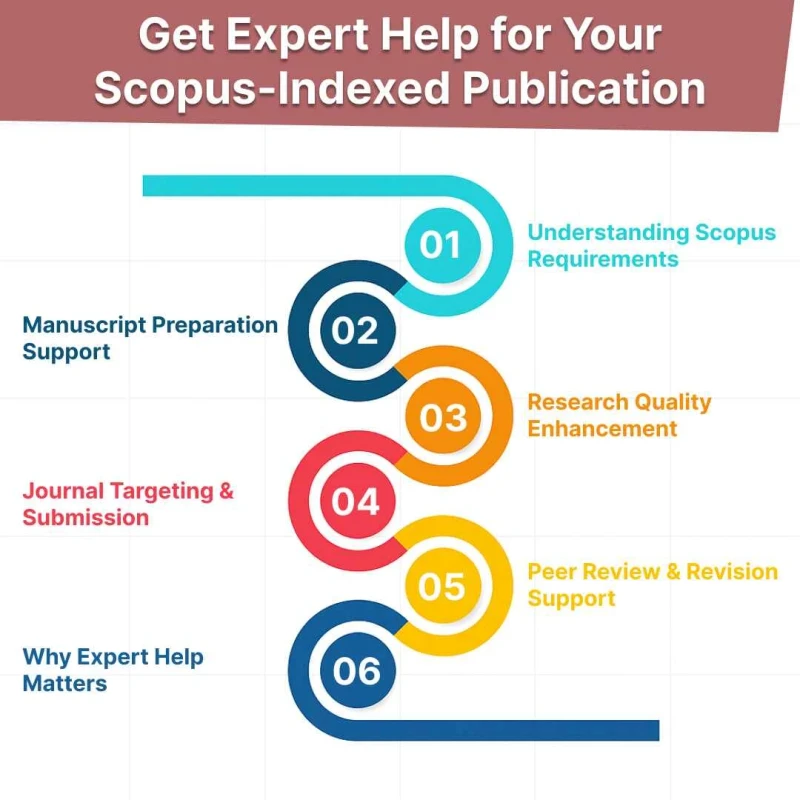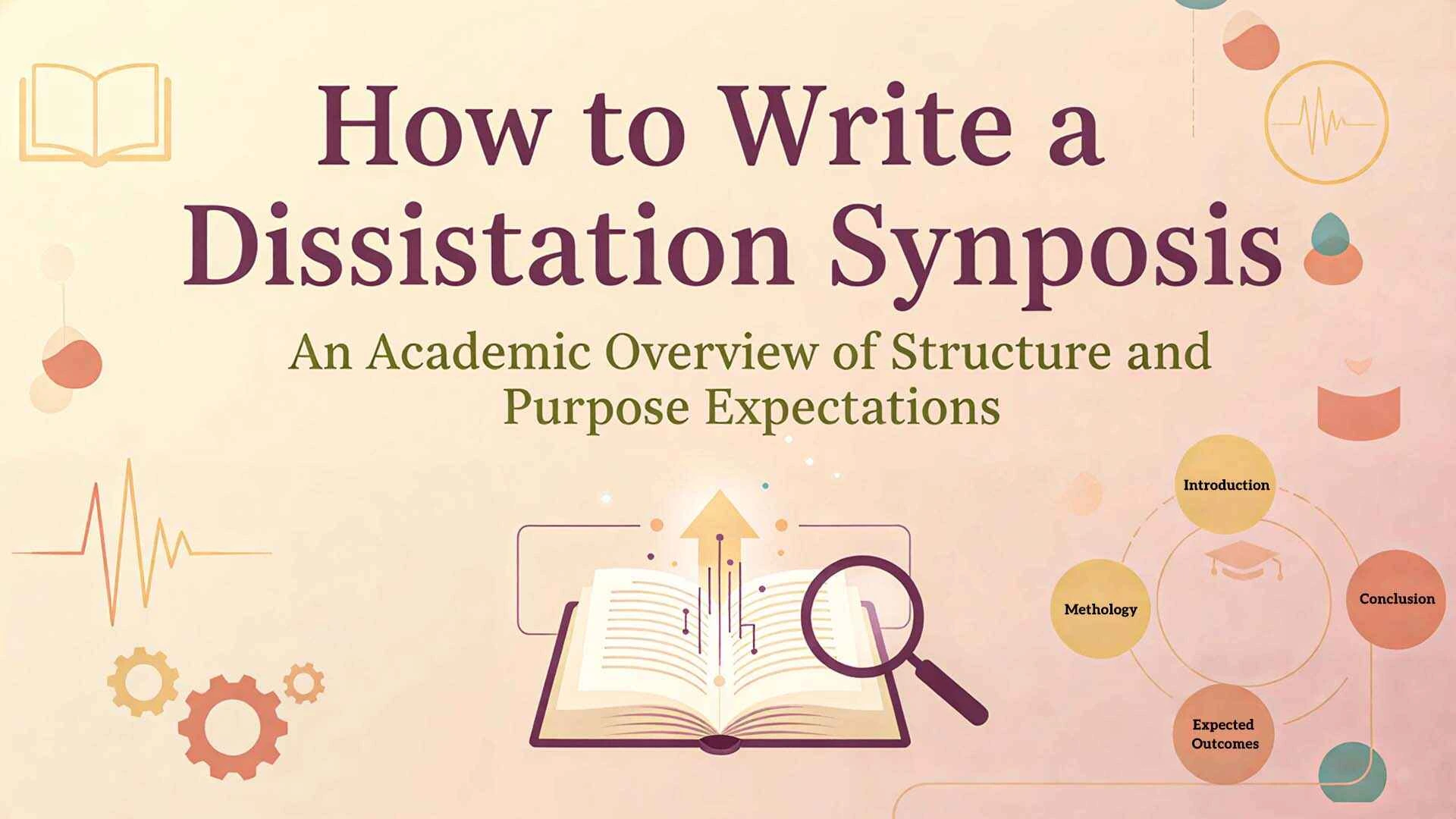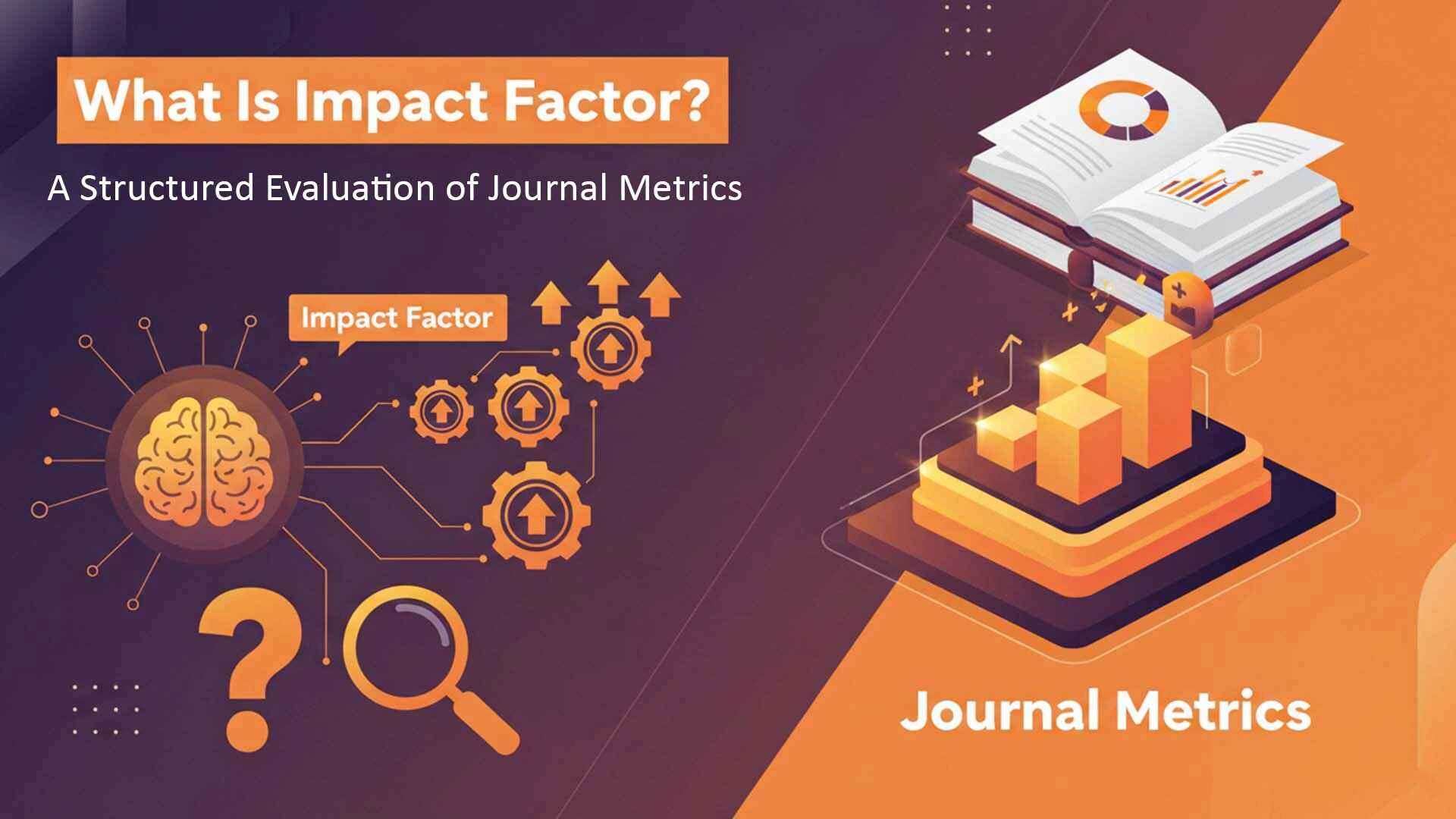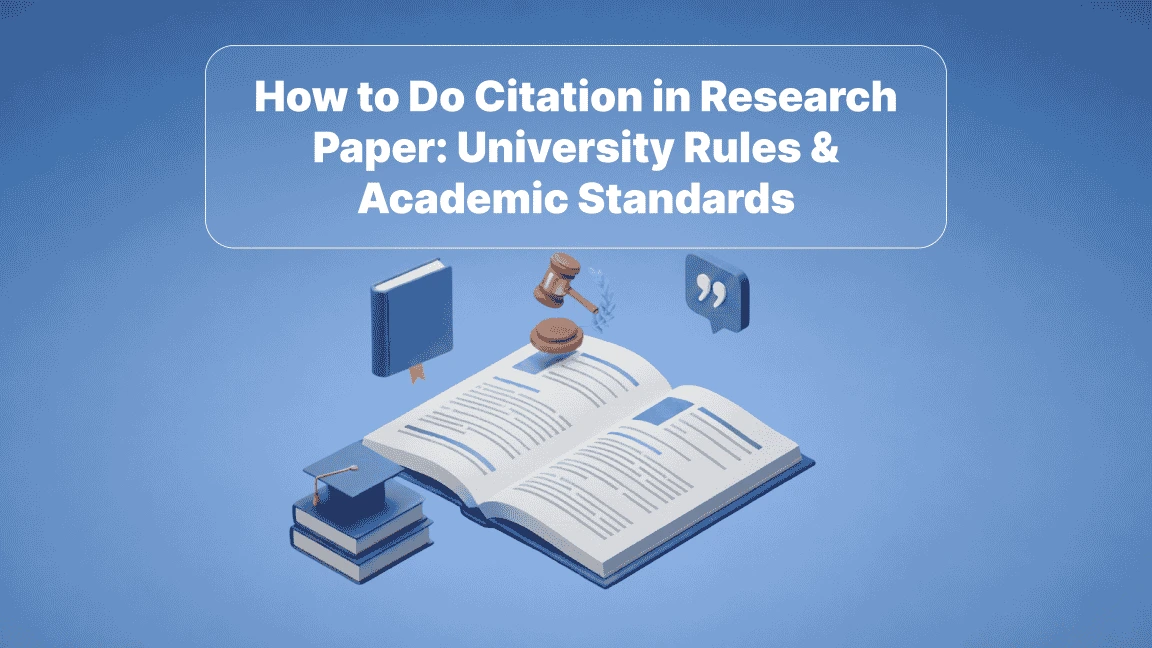
Santhi.GN
In order to make an impact in the academic community, Scopus Indexed Journals of English Literature are essential to establish credibility and recognition. Scopus, a top-tier large and trusted abstract and citation database, lists peer-reviewed journals that meet stringent quality standards.
Being published in these types of journals not only enhances the academic profile of a researcher but also ensures higher citation rates, which enables their research to reach an international audience.
The objective of this blog is to provide students, educators, and independent researchers with a concise and trustworthy manual on how to publish in Scopus Indexed Journals for English Literature. From understanding what Scopus indexing is to selecting the right journal and avoiding common mistakes, this blog will guide you through every publishing step with a professional but engaging voice.
Before choosing Scopus Indexed Journals for English Literature, it is necessary to understand what Scopus indexing is all about. A journal will be Scopus-indexed only if it meets rigorous assessment standards such as peer-review integrity, consistent publication record, international coverage, and ethical publishing.
With the aid of tools such as the Scopus Author Search, one can confirm whether the journal or author contributions are included in the Scopus database. This is a guarantee of authenticity and prevents one from submitting to non-indexed or predatory websites.
For English literature scholars, Scopus-indexed journals encompass a wide array of research areas like literary criticism, comparative literature, linguistics, translation studies, postcolonial studies, and cultural theory. Scopus Indexed Journals for English Literature owing to such a wide gamut are a necessity for researchers undertaking research across genres and fields.
Publication in Scopus Indexed Journals of English Literature has unparalleled academic recognition. A publication in Scopus attests to the credibility of researchers, making their research more valid among colleagues and rendering them more likely to have international collaborations.
Another significant plus point is career development. In competing for teaching positions, research scholarships, or PhD thesis examinations, Scopus-indexed journal publication is a serious consideration. Many universities across the world only accept those theses funded by articles published in Scopus Indexed Journals of English Literature for which reason they are beneficial for PhD students.
For individual researchers and professors, global acceptance that emanates from publication in Scopus enhances the academic reputation. This not only helps establish one's credibility in his/her field of research but also provides opportunities to deliver lectures at foreign conferences and workshops.
Choosing the right Scopus Indexed Journal for English Literature requires careful choice. First, researchers must be certain that the journal's scope is congruent with their area of study. Writing an article on postmodernist fiction for a linguistics journal, for example, is a mismatch that typically leads to rejection.
Second, measurements such as journal impact factor, composition of the editorial board, and average review period should be balanced cautiously. A well-respected editorial board adds prestige, and reasonable response times enable researchers to plan their scholarly manuscripts.
Finally, researchers should be cautious of imposter journals claiming to be Scopus indexed. Always verify through the genuine Scopus source list before submitting. By these standards, researchers are guaranteed that their publications will be in genuine and reputable Scopus Indexed Journals for English Literature.
Finding the right publication outlet for Scopus Indexed Journals of English Literature is challenging, but Scopus makes it easier. Begin by visiting the official Scopus database and using the advanced filter.
You may also filter by subject area (Arts and Humanities → Literature and Literary Theory), region, type of publication, or even if they are available as open access. Using the Scopus Author Search, researchers get to view which journals leading researchers in their field publish in, providing a template for their own submissions.
By combining related keywords, employing filters, and checking editorial criteria, investigators are able to simplify their search process in finding the most suitable Scopus Indexed Journals for English Literature.
|
S. No. |
Journal Title |
SNIP |
SJR |
Publisher |
|
1 |
Journal of Writing Research (Open Access) |
1.211 |
0.988 |
University of Antwerp |
|
2 |
Men and Masculinities |
1.964 |
0.740 |
SAGE Publications |
|
3 |
Written Communication |
2.005 |
0.784 |
SAGE Publications |
|
4 |
Poetics |
1.672 |
0.874 |
Elsevier |
|
5 |
Empirical Studies of the Arts |
1.291 |
0.860 |
SAGE |
|
6 |
Translation Spaces (Netherlands) |
0.930 |
0.740 |
John Benjamins Publishing Co. |
|
7 |
Knowledge Cultures |
0.541 |
0.350 |
Addleton Academic Publishers |
|
8 |
3L: Language, Linguistics, Literature (Open Access) |
1.225 |
0.352 |
Universiti Kebangsaan Malaysia |
|
9 |
Media Watch |
0.592 |
0.243 |
Deepak Ranjan Jena |
|
10 |
Perspectives: Studies in Translation Theory and Practice |
1.692 |
0.829 |
Taylor & Francis |
|
11 |
Astra Salvensis |
0.416 |
0.223 |
Transylvanian Assoc. for Literature & Culture |
|
12 |
Critical Review |
0.524 |
0.434 |
Taylor & Francis |
|
13 |
Journal of Roman Studies |
1.605 |
0.126 |
Cambridge University Press |
|
14 |
Narrative |
1.590 |
0.310 |
Ohio State University Press |
|
15 |
South Atlantic Quarterly |
1.740 |
0.719 |
Duke University Press |
|
16 |
Journal of African Cultural Studies |
1.565 |
0.327 |
Taylor & Francis |
|
17 |
Narrative Inquiry |
1.017 |
0.337 |
John Benjamins Publishing |
|
18 |
Sub-Stance |
1.180 |
0.252 |
University of Wisconsin Press |
|
19 |
GEMA Online Journal of Language Studies (Open Access) |
0.804 |
0.286 |
Universiti Kebangsaan Malaysia |
|
20 |
Latin American Research Review (Open Access) |
1.199 |
0.489 |
Latin American Studies Association |
Striving for English Literature Scopus Indexed Journals may go wrong with common pitfalls. Submitting in a journal with an incompatible scope normally results in an outright rejection. Ignoring explicit author guidelines such as word limit, citation style, or format requirements also incurs delays.
Another often repeated error is missing submission deadlines, especially for special issues. Researchers need a publication calendar so that they remain well-organized. Steering clear of these traps ensures smoother publication in Scopus Indexed Journals for English Literature.

For the majority of researchers, choosing and submitting to Scopus Indexed Journals for English Literature can be daunting. expert assistance can make the difference. With professional assistance, researchers can save time and enhance the possibility of faster acceptance.
These services generally involve journal selection, manuscript editing, submission format, and submission tracking, allowing researchers to focus on their real work while experts attend to the technical details.
Consistency is the key to effectively publishing in Scopus Indexed Journals of English Literature. Reading the newest literature regularly keeps scholars abreast of trends and controversies in the field.
Peer review should also be sought before submission to refine arguments and improve clarity. With careful consideration and staying disciplined, researchers have greater chances of being accepted in English Literature journals listed in Scopus.
If you are ready to publish in Scopus Indexed Journals for English Literature, now is the moment. Our experts know how to guide scholars through every stage of the publication process, from selecting the proper journal to final submission. With the help of professionals, you can get accepted sooner and reach more with your work.
Be a part of us today and let us help you in your achievement in applying Scopus Indexed Journals on English Literature.

How to Write a Dissertation Synopsis that Gets Approved

What Is Impact Factor? A Structured Evaluation of Journal Metrics

Cyber Security Research Paper: Topics, Insights, and Expert Guidance

Types of Thesis – A Comprehensive Analytical Guide for Researchers

How to Do Citation in a Research Paper: University Rules & Academic Standards